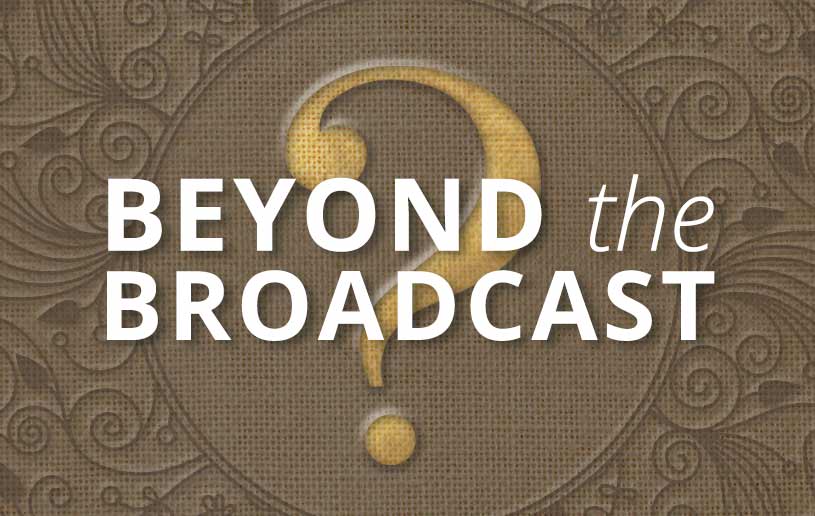
“God uses pain and brokenness to replace arrogance and pride to make us consciously dependent on Him.” ~ Charles R. Swindoll
We are all disabled in one way or another. Our disabilities may not be obvious to other people, but they are there nonetheless. Like an illusionist who skilfully hides a playing card in the palm of his hand or up his shirtsleeve, we too hide our pains, heartaches, diseases, wounds, broken parts, and imperfections.
Shame and pride keep our disabilities safely tucked out of sight. In shame, we fear the humiliation of finger-pointing when others see our weaknesses, and in pride, we suppose that a show of perfection will elevate us to heights of success and acceptance.
However, a disability is not necessarily a disadvantage. What disables can enable us to achieve what we never imagined possible as we depend on a power outside ourselves: God’s grace. In this study, Paul’s story teaches that weaknesses can unlock spiritual power and raise us to higher levels of maturity. We just have to be vulnerable enough to show the hand we’ve been dealt.
Paul’s “wonderful revelations from God” (2 Corinthians 12:7) occurred sometime before Barnabas brought him from Tarsus to Antioch (Acts 11:25), which happened about a year prior to his first missionary journey. During that time, Paul kept his story a secret in order to avoid drawing people’s attention away from Christ and to himself. Now the apostle was on his third missionary journey, having planted churches in Asia, Macedonia, and Greece—including the troublesome church at Corinth.
Chuck sums up,
As Paul wrote his response to this new turn of events in the drama of the Corinthian church, he unleashed his emotions like never before.... He “boasts” in the manner of his adversaries, setting forth his superior qualifications as an apostle of God (11:16–12:21), concluding that his authority comes just as much from his suffering in weakness as from his astonishing revelations and miracles. (emphasis added)1
Chuck’s applications give you further encouragement.
- Accept your disability. God has a plan that might seem beyond your abilities. This will give you perspective!
- Think of your disability as a friend, not an enemy. It can draw you closer to God as you depend on His power. This will give you joy!
- Focus on the flower, not the thorns. See your disabilities in light of the “glory that vastly outweighs them and will last forever!” (2 Corinthians 4:17). This will give you hope!
“What If You Struggle With a Permanent Disability?” is from Chuck Swindoll’s series What If...? A Classic Series. You can stream this message online anytime at insightforliving.ca/audiolibrary.
1. Charles R. Swindoll, Swindoll’s Living Insights New Testament Commentary: 1 and 2 Corinthians (Carol Stream, Ill.: Tyndale, 2015), 285, 286.

